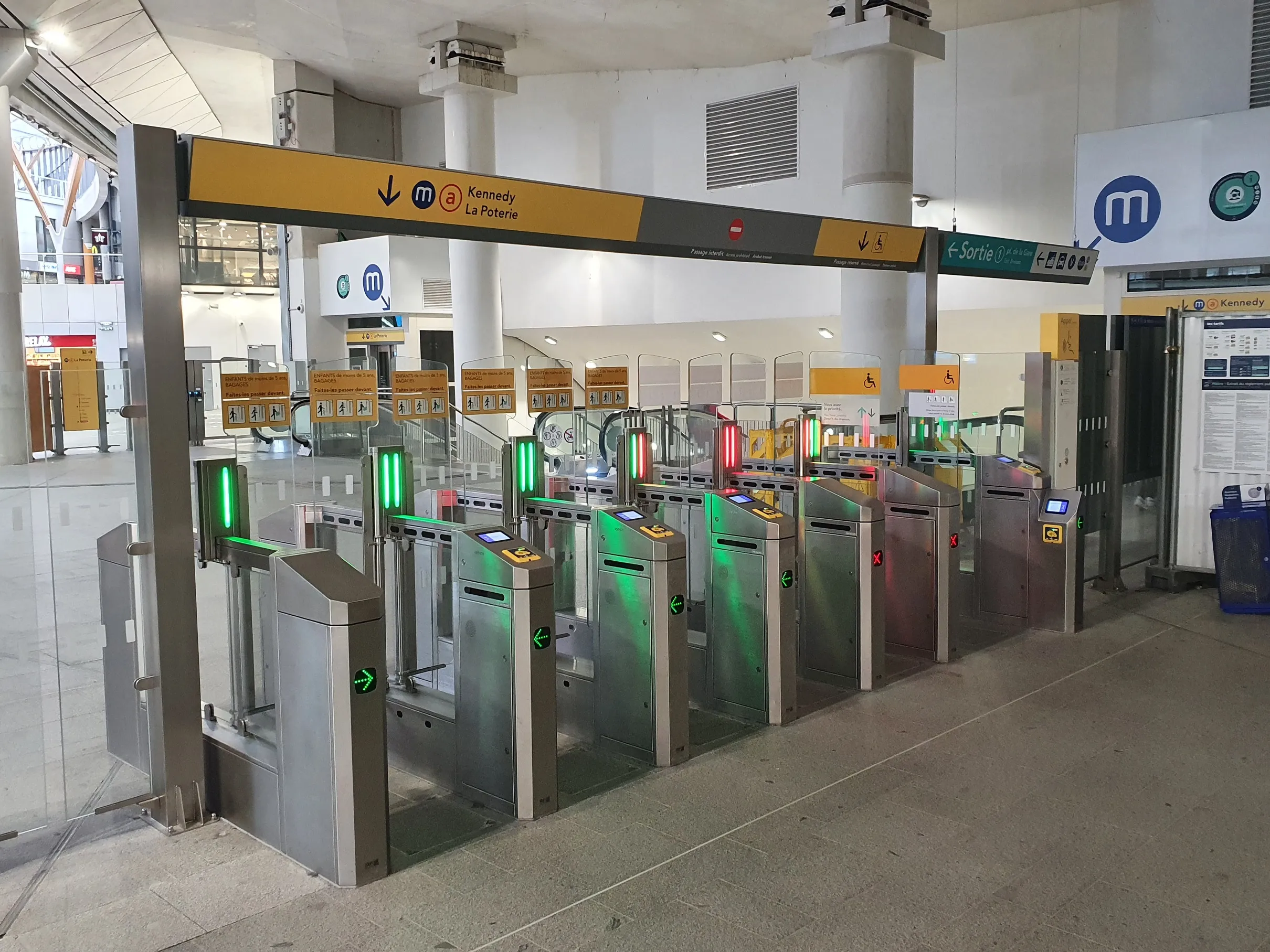
Greater Cleveland Regional Transit Authority (GCRTA) is to launch the EZfare contactless fare payments system with Masabi’s Justride platform through the Transit app.
The organisations say this will make riding public transit in Cleveland - and across the state of Ohio - "easier and more convenient".
Transit with EZfare will replace GCRTA’s existing RTA CLE app from 12 June, with tickets also available through Uber and Moovit.
GCRTA joins 13 other transit agencies across Michigan, Ohio and Kentucky that already sell their fares on EZfare’s regional fare payment system - which allows riders to purchase tickets on a single app.
“The reality of modern transit is that we need to create offerings which reflect our customers’ needs," said India Birdsong, general manager and CEO at GCRTA.
"Regional travel can quickly lose its allure when several tickets and passes across multiple agencies are involved – EZfare solves this, consolidating unnecessary extra steps into one ticket in the Transit app to travel across three states."
GCRTA is installing electronic validators on its bus and train fleets over the next few months.
Brian Zanghi, CEO of Masabi, said: “We are delighted to see this pioneering regional model continue to expand to include cities like Cleveland, allowing more riders to realise the benefits of cashless technology and regional travel via a single solution.”









